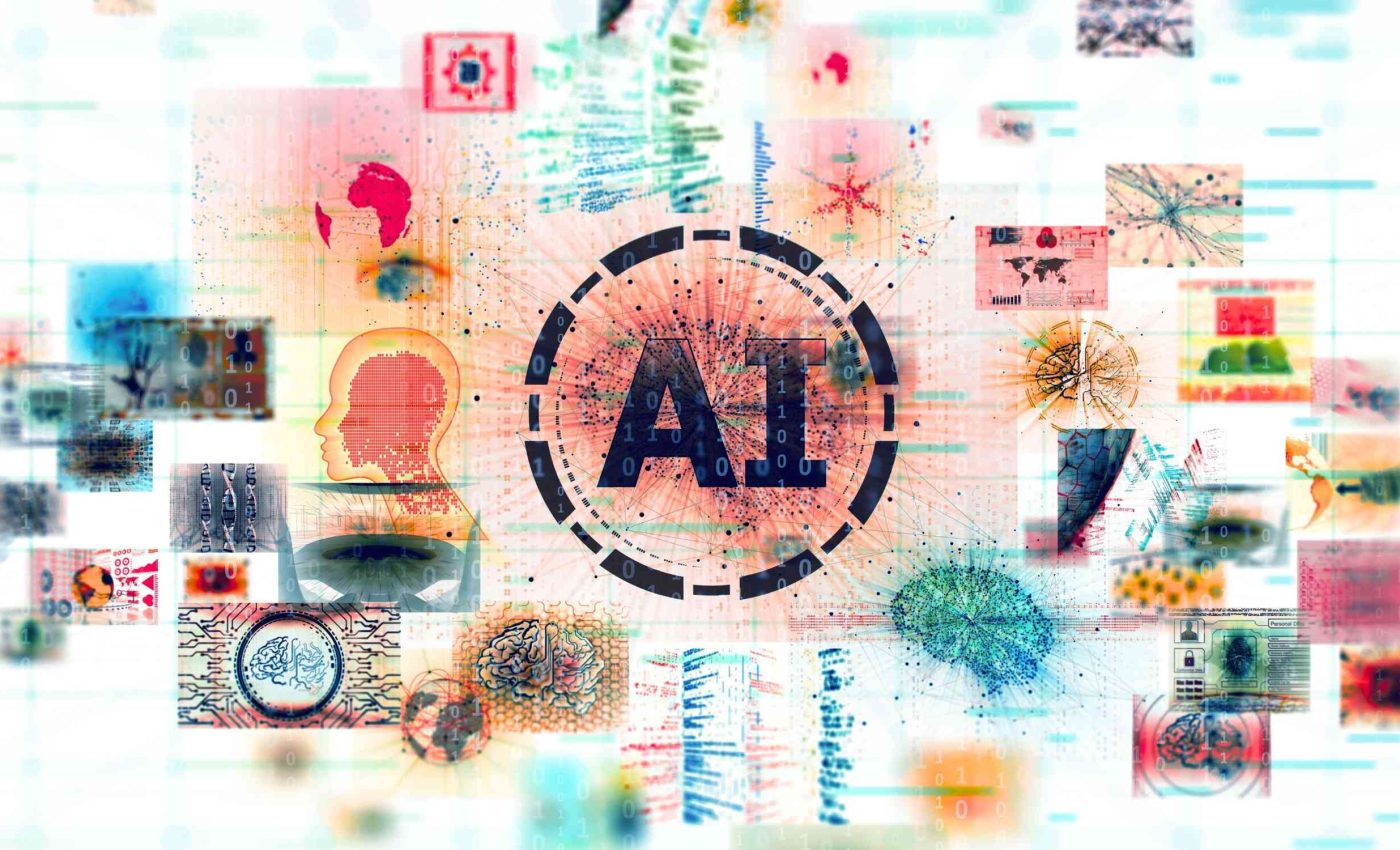
Young Americans are abandoning the idea of working for tech companies
Hospitals and health systems now outrank Silicon Valley on career wish lists for many young Americans. A national survey of more than 10,000 U.S. students points to a turn toward patient care.
The same survey ties the shift to anxiety about Artificial Intelligence (AI), job security, and a stronger search for purpose. Stability and meaning carry more weight than brand name employers.
Gen Z and health careers
In the latest NSHSS findings, hospitals hold several top employer spots, with St. Jude first and Mayo Clinic second. Google sits at seventh.
One-third of respondents prefer a medical or healthcare facility over other organization types. Charts in the survey show this tilt across employer lists and factors that matter.
The work was led by the National Society of High School Scholars (NSHSS), a U.S. academic honor society. Its research program tracks how Gen Z sets goals and chooses employers.
Many also see care work as a safer bet against automation. Patient-facing roles rely on judgment and rapport that remain hard to codify.
Tech, AI, and job stability
Views on AI lean toward cautious. Forty-one percent expect a net positive impact in the next decade, and privacy is the top worry.
Students want work that feels useful and steady. Skill building ranks first for workplace expectations, while clear paths to promotion come next.
A broader global pulse points the same way. Deloitte’s 2024 worldwide report finds Gen Z places well being and steady growth above brand prestige.
Job market favors health careers
Hiring trends support the change. Healthcare and social assistance lead projected growth, with steady openings across nursing, allied health, and management.
Clinician supply will lag demand as the population ages. The AAMC workforce projections indicate persistent physician shortages through the 2030s.
Geography also matters. Hospitals hire in cities, suburbs, and rural counties, which reduces relocation pressures for new graduates who want to stay close to home.
This steady need shapes perceptions of security. Students read the market and gravitate to systems that will still be hiring when they finish school.
Implications for tech and health careers
Tech does not fade. It moves into clinics, where data analysts, security teams, and engineers build tools that fit busy care environments.
Roles with direct contact and ethical decisions remain hard to automate. That edge favors nursing pathways, health services management, and biomedical support roles.
For software oriented students, health data pipelines and cybersecurity offer clear problems to solve. Hospitals need code that respects privacy laws and clinical workflows.
High quality internships and in-person training still matter most.
Purpose shows up in the rankings as well as the comments. Health care and human rights now top the issues students want to impact, with science and tech innovation sliding from earlier levels.
Students also prize managers who communicate clearly. Communication outranks other traits, a sign that day-to-day support matters more than flashy perks.
New social values shape career choices
Gen Z’s preference for hospitals reflects more than job security. It ties to a deeper shift in values.
The survey highlights healthcare, human rights, and the environment as the top issues young Americans want to impact, each named by roughly one third of respondents
These priorities show that career goals now overlap strongly with moral and civic identity. Employment is not only about income but about contribution.
This value-driven mindset also extends to how they view leadership. Nearly half of respondents ranked clear communication as the most important quality in a manager; it fell above integrity and mentorship.
That emphasis on openness and mutual respect underscores a generation seeking relational clarity as much as career direction.
Why tech lost some shine
Some students associate big platforms with rapid product cycles and shifting priorities. That volatility makes it harder to see a stable path from internship to promotion.
Others worry about opaque uses of data. Concerns about privacy and control over how personal information is used, sit alongside questions about fairness and bias in automated systems.
Lessons about Gen Z
NSHSS surveyed more than 10,000 high-achieving students between January 17 and March 6, 2024, with results weighted by region and gender. The sample spans all 50 states and several U.S. territories.
Weighting reduces skew but does not erase every bias. The sample is mostly high school students, and career interests can shift with age and local opportunities.
If this pattern holds, the pipeline into nursing, allied health, and public health will widen. The bottlenecks will be clinical training slots, supervision capacity, and tuition costs.
If tech wants this talent back, it will need to show steadier teams and credible guardrails on AI. Clear promotion ladders and in-person training would help restore trust.
Full results of the NSHSS survey are published here.
—–
Like what you read? Subscribe to our newsletter for engaging articles, exclusive content, and the latest updates.
Check us out on EarthSnap, a free app brought to you by Eric Ralls and Earth.com.
—–













